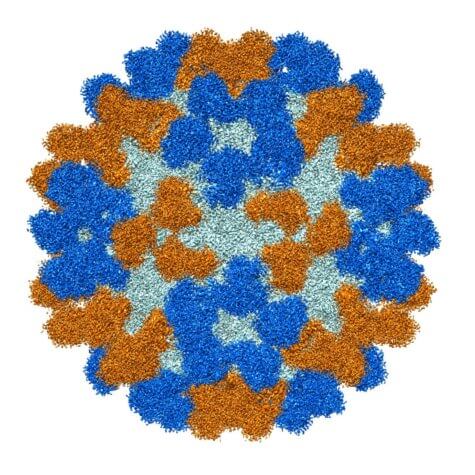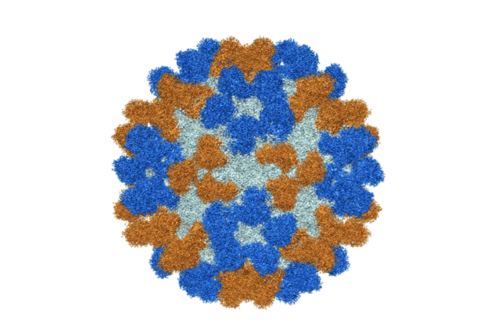WEST LAFAYETTE, Ind. — The U.S. has been polio-free for more than 40 years, but health officials warn that a new disease is infecting children with many of the same devastating effects. Thankfully, researchers may have found a potential defense against the paralysis-causing illness, acute flaccid myelitis, or AFM.
According to the Centers for Disease Control and Prevention, AFM has infected more than 600 patients since 2014. The illness is a neurological condition which causes fever, respiratory problems, and weakness in the arms and legs.
Unlike polio, which has a vaccine and has been eradicated within the U.S. since 1979, AFM has no specific treatment yet. As more Americans begin to leave coronavirus quarantine this summer, the study warns that AFM cases are typically diagnosed in the late summer and early fall.

Researchers say the disease is linked to a group of respiratory illnesses called enterovirus D68 (EV-D68) and some severe cases have turned fatal. The CDC adds that more than 90 percent of the cases occur in young children. Although they have similar paralyzing effects on the limbs, AFM is not a product of the poliovirus.
Hope for AFM defense found
Scientists from Vanderbilt University Medical Center, Purdue University, and the University of Wisconsin-Madison say they’ve discovered human antibodies which may “neutralize” enterovirus D68 and protect against AFM.
The study, published in the journal Science Immunology, says antibody-producing blood cells were isolated in children who previously had EV-D68. The researchers from Vanderbilt Vaccine Center then fused those blood cells to myeloma cells, creating antibodies they say fought the virus in a laboratory test.
“We were excited to isolate potent human antibodies that inhibit this devastating polio-like virus, and these studies will form the basis for taking them forward to clinical trials,” the study authors say in a statement.
The antibodies, which specifically finds and binds to EV-D68, appear to protect lab mice from both respiratory and neurological problems when they are infected by the enterovirus.
“Studying infectious disease from a very basic level and applying the results in an animal model of disease is very powerful,” Richard Kuhn of Purdue University adds. “Hopefully, our studies will translate to a future therapeutic for this disease in children.”
Like studies? Follow us on Facebook!
